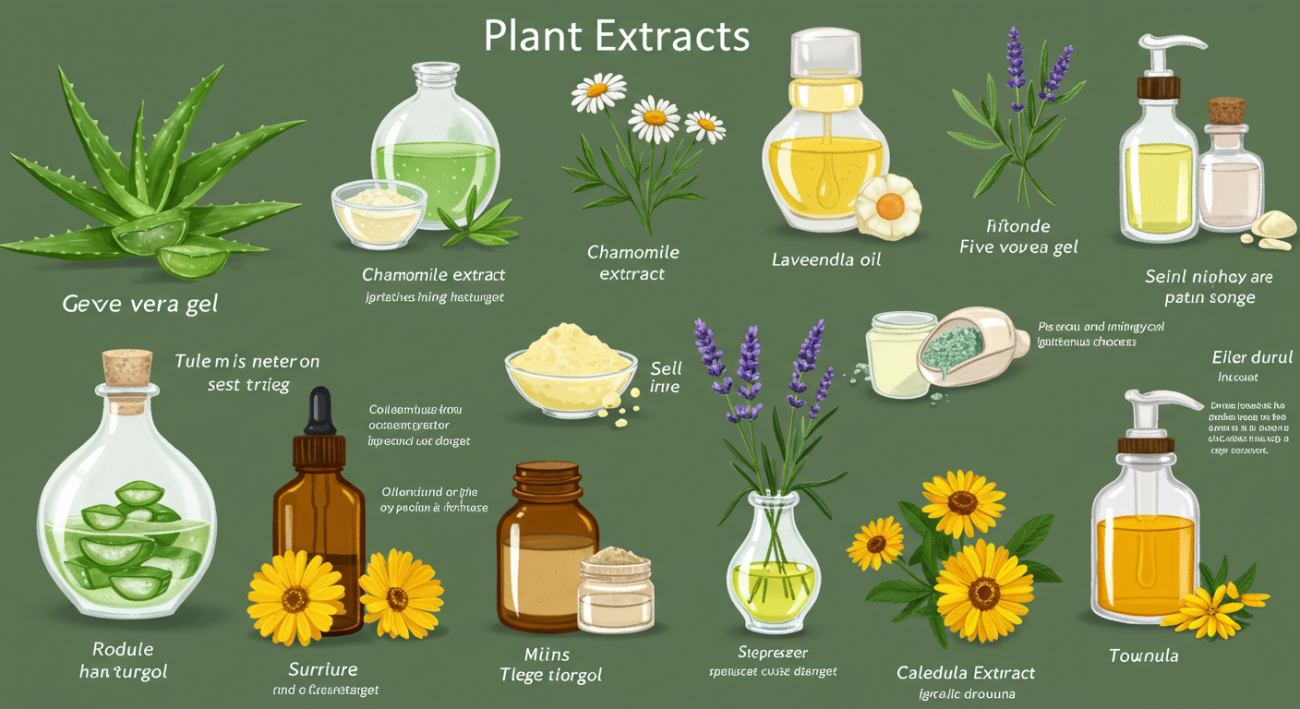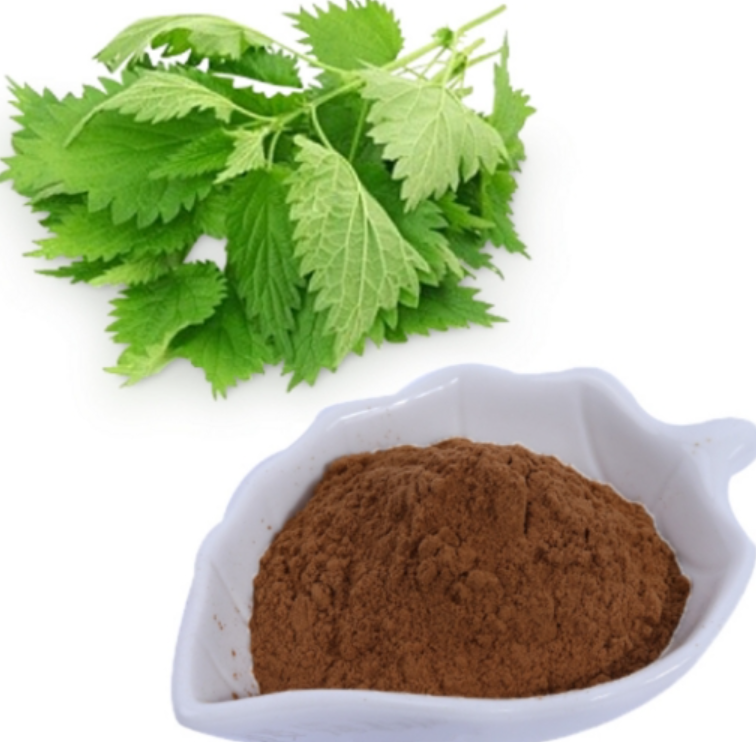Justification for Plant Extracts Sourcing in China
China’s competitive edge in this field stems from centuries of using traditional Chinese medicine. Along with the reputation China holds in Traditional Medicine, modern China’s GMP facilities with CO2 and Ethanol extraction methods, along with third-party testing, guarantee quality production.
What Kind of Plant Extracts Can Be Obtained From China?
The only things Australia, Europe, and North America are known for exporting are cosmetics and dietary products. However, herbal and botanical extracts are riding the tides of increased demand. Because these areas need surplus herbal and botanical extracts, China has emerged as a leading producer and supplier. What types of plant extracts are available from China suppliers? China continues to specialize in the plant leaves and other botanicals that are used in tourist, dietary, wellness, or skincare products.
Major Advantages of Chinese Suppliers:
• Affordable price for bulk orders.
• Unique botanicals that cannot be found outside Asia.
• Strong Innovative Technology and Research capabilities.
• OEM and custom extract formulation.
• Multi-tiered global distribution hub.
Plant Extracts China Supplier, Extracts From China Herbs
Extracts from China are known for their quality when it comes to modern medicine, nutraceuticals, and wellness products. China supplies herb extract monomers, standardized fungal herbal extracts, and other herbal extracts, which are in greater demand. It is prudent to understand these types in more detail since they are so popular and useful.
Herb Extract Monomer
Monomers are single active compounds obtained from medicinal plants. Monomers are highly purified and extracted using supercritical CO2, ultrasound, and ethanol separation, extracted using advanced methods. These methods ensure the phytochemical structure is preserved during monomer isolation. Each monomer possesses certain health functions and benefits, such as anti-inflammatory functions, calming the aging process, and immune modulation. These monomers are ideal for targeted nutraceuticals and also for pharmaceutical and functional foods.
Why are Monoers Essential?
• Simplified dosage standardization.
• Guaranteed and consistent bioavailability.
• Accuracy in formulation.
In China, herbal medicine undergoes quality control checks on its purity, identity, and potency. Extracting useful aroma therapeutic oils, alkaloids, and polyphenols ensures optimal extraction for a specific herbal activity. Polished fuels from monomer-extracted herbs are blended with monomers of uniform molecular structures, thus earning the title of ‘gold standard’ in modern processing of herbal medicine.
Standard Herbal Extract
Whole medicinal plants undergo modern degeneration to obtain standard herbal extracts. Saponins, flavonoids, and terpenoids are their primary objectives, alongside a uniform potency ratio of active constituents.
The goal for standard extracts is:
• Uniformity and consistency across various batches.
• Stability alongside preservation of active constituents.
• Active ingredients can be encapsulated into tablets or powders.
As these extracts serve as base materials for pharmaceuticals, dietary supplements, and wellness formulations, they undergo fine grinding and gentle extraction to capture volatile oils and heat-sensitive compounds. This enhances their efficacy and allows them to provide various health benefits.

Fungal Extract
Medicinal mushrooms such as Reishi, Cordyceps, and Maitake have strong health-promoting functions. They fall under the category of medicinal fungi. Modern herbalism in China harnesses technologies to extract bioactive compounds such as beta-glucans, enzymes, and polysaccharides. These extracts aid with:
• Modification of the immune and other system functions
• Improved energy and stamina
• Adaptogenic and antioxidant properties
Owing to advanced drying and milling processes, fungal extracts are rich in essential nutrients. Stringent laboratory tests on every batch of extract to test activity, safety, and purity help fungi extracts maintain global trust. Due to their compliance with TCM and Western herbal medicine, Chinese fungal extracts are embraced all over the world.
Industries Served by Chinese Plant Extract Manufacturers
- What types of plant extracts are available from China suppliers? Unmatched in quality, China’s extract manufacturer, B-Thriving, serves numerous industries with one-of-a-kind, scientifically innovative, and traditionally reliable extracts. There are vast business opportunities in medicine-grade plant extracts for nutraceuticals, functional foods, and even cosmetics.
- Due to a focus on immunity, energy, and overall wellness, capsules and powders were created alongside functional foods enriched with Chinese herbal extracts. The pharmaceutical industry utilizes these extracts as active components in natural medicines and herbal formulations as standardized extracts.
- Cosmetic products include botanical oils, plant extracts, green tea, chamomile, and aloe vera for their proven natural benefits. In the case of some herbs and fruits, they are used in the food and beverage sector as natural flavors, preservatives, and even antioxidants.
- These are the reasons why modern herbal medicine, aromatherapy brands, and even sports nutrition use botanical extracts from China: herbal medicine practitioners value the safe tailored supply these brands offer, while herbal medicine manufacturers appreciate the unmatched potency and consistency of the extract, in addition to international standards of quality and contemporary requirements presented by the modern herbal medicine industry.
What to Consider for Quality & Certification?
These criteria have not been validated. Validate your Chinese supplier against these requirements.
Top Certifications:
• GMP (Good Manufacturing Practice)
• ISO 9001, ISO 22000
• HACCP
• USDA Organic and EU Organic
• COSMOS certification (for cosmetics)
• Third-party lab tests
What to Verify When Choosing a Supplier for Chinese Plant Extracts?
Ensuring the safety and quality of the sourced plant will affect profitability. Additionally, the selected extract supplier should seek to sustain your business relationship over time. Due diligence on the extract supplier is important to avoid unnecessary non-compliance or non-conformity issues that arise from poorly supplied materials or services.
- First, inquire about their extraction methods. Are these methods ethanol-based, supercritical CO2, or water-based? The extraction method greatly affects the final product’s purity and potency. For your needs, find out if the extracts are standardized (the active ingredients are consistently the same) or full-spectrum (plants in their entirety).
- Identify reliable suppliers who also give OEM and private labeling for tailored blends to grow your brand. Checking whether a manufacturing facility is GMP certified adds credibility and safety to food and pharmaceutical products, which is a plus for offering third-party lab testing. With these certifications, the manufacturer will be regarded as trustworthy.
- Always ask for Safety Data Sheets (SDS) and Certificates of Analysis (COAs), which show that the extract has been processed for purity, potency, and safety according to international benchmarks.
- The suppliers are willing to share their proprietary documents, which demonstrate compliance and provide the needed transparency along with technical aid, controlled document workflows, compliance mentorship, and other value-added services, demonstrating that these suppliers are protective of safety and reliability.
Conclusion:
What types of plant extracts are available from China suppliers? Start with organic plant extracts and bulk powdered herbs, and appreciate the custom tinctures offered by Chinese suppliers. They possess an unparalleled blend of traditional Chinese medicine and modern GMP-grade factories. For more details, visit B-Thriving.

